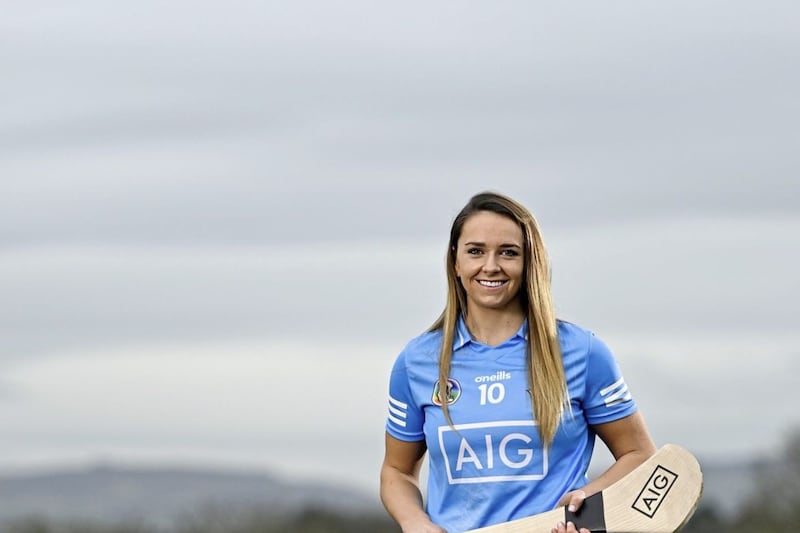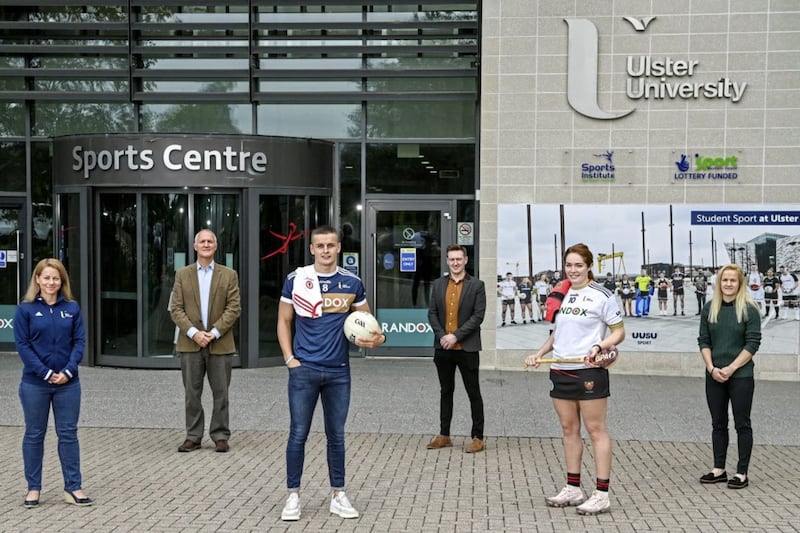Leading Ulster players from the Camogie and Ladies Football codes have backed a report by the Women’s GAA Players’ Association (WGPA) which calls for parity with their male counterparts.
The report, published yesterday, identifies the increased commitment of female inter-county players as unsustainable without progress on minimum standards, travel expenses and equitable funding comparable to their male counterparts.
Down and Clonduff camogie ace Sara Louise Graffin was on the WGPA working group that drew up the ground-breaking “Levelling the Field” report.
And the Down star strongly supports the findings.
“There has been significant conversation and concentration on female sport in the last number of years, in particular with the 20×20 campaign which came to a close last week,'' she said.
“It’s now time to build on this momentum and ensure that practical steps are taken to work towards equality in gaelic games in the coming years.”
The report was conducted early in 2020, prior to the onset of Covid-19, with responses from 534 inter county players and highlights the commitment and costs now required to play at the highest level.
Former Tyrone and Carrickmore footballer Gemma Begley feels that measures to close the gap between the male and female codes would be of immense benefit for the sport overall.
“Despite all the challenges outlined, players continue to love playing for their county and representing their clubs and families on the biggest stage,'' she stated.
“Enhanced investment will lead to higher standards for players, a better quality product which is more attractive to supporters and sponsors alike ultimately, and will contribute to the continued growth of our games.”
Some of the key findings include:
• Most players have 5 to 6 training days per week,
• 7 hours contact time on a training day (including travel),
• 74 per cent are so tired from the mental demands that they struggle to work / study,
• 80km average round trip to training to over three group sessions per week,
• 93 per cent of players not in receipt of any travel expenses,
• Up to €200 per week spent on fuel costs to accommodate training,
• 77 per cent of players pay towards their own physio services,
• 69 per cent of players pay towards their own gym fees,
• 55 per cent pay for their own medical treatments,
• 34 per cent take part in marketing and promotional activity linked to their sport; of these 65 per cent do not receive any compensation.
These statistics paint a similar picture to the time invested by male players, as reported in the most recent ESRI report completed in 2018.
However case studies with individual female players also highlight the extent of travel required, with some players recording over 1,500 miles completed per month, with none of the expenses covered.
It remains a challenge that male players receive over four times more investment through government funding than female players (€3m v €700k in 2020).
“These findings clearly demonstrate the increasingly unsustainable demands of the female inter-county games,” said WGPA chairperson Maria Kinsella.
“We fully appreciate there are no short term solutions to a lot of the issues identified and on the back of a trying year, it will be a challenge for us all to ensure that the interests of female players remain on the agenda as we rebuild.”
Among the recommendations arising from the report to support female inter-county players are lobbying government to achieve a more equitable balance in comparison to male players, making progress on minimum standards via travelling expenses and injury funds and the integration of the male and female playing bodies to act as a leading advocate on equality in Gaelic Games.




